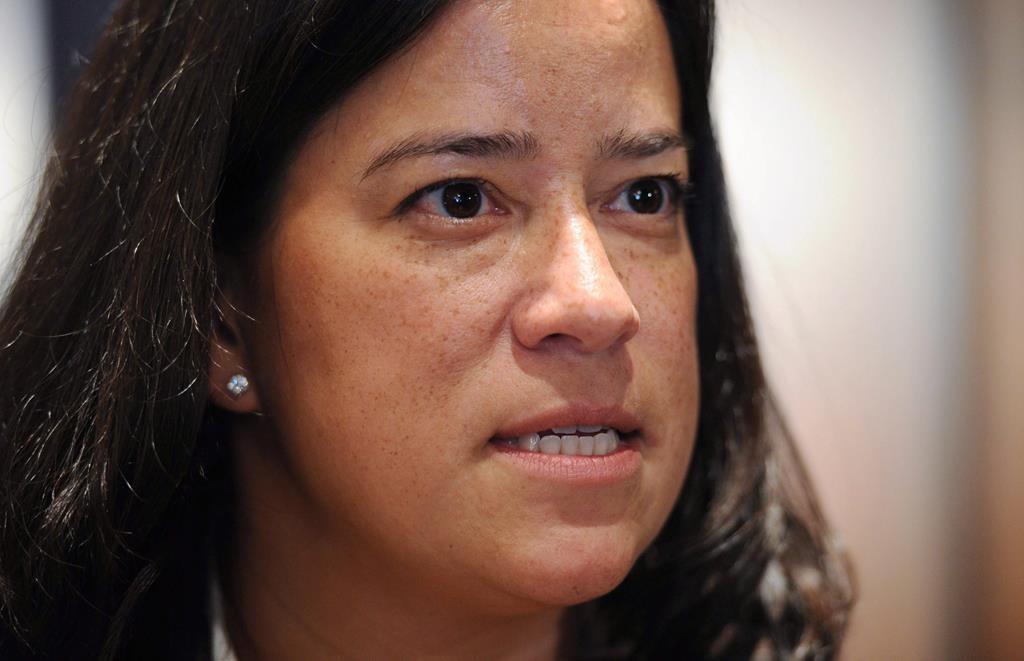Delivering on a much-anticipated campaign promise, Prime Minister Justin Trudeau appointed a gender-balanced cabinet of 31 members today. When asked by a reporter why it was important to have a gender-balanced cabinet, Trudeau simply replied: "Because it's 2015."
Of the female cabinet appointees, many are handling large portfolios: Jody Wilson-Raybould is the Minister of Justice and Attorney General of Canada, Chrystia Freeland is covering International Trade, and Catherine McKenna is the minister of the now-renamed Ministry of the Environment and Climate Change.
This is an opportunity for both symbolic and institutional change, says Lesley Byrne, the Toronto author and former chair of Equal Voice, a non-partisan organization that advocates for greater representation by women in Canadian politics.
“The capacity to have an impact is much greater at the cabinet table,” says Byrne.
Byrne wrote her PhD thesis, “Fiscal Feminism,” which studied the influence of women in cabinet, in 2007. Her thesis argues that cabinet influence greatly outweighs simple representation in the House of Commons – an influence that can translate into feminist policymaking.
“Feminist policymaking considers the real lives of women in decision-making,” Byrne says.
She compares the Conservatives’ child support payments with $7-a day child care in Quebec, saying the latter is an “investment that has a substantial impact on the capacity of women with young children to also work,” while the former has “almost no financial impact on the cost of raising children.”
An issue that remains unaddressed is pay equity, she says, despite a historically high amount of women attending post-secondary education.
“It was an important issue to the NDP [under Bob Rae]," she says, "but 25 years later, the work isn’t done.”
As well, feminist organizations have also suffered from consecutive cuts and fiscal austerity that began in the Paul Martin years, she says, leading to closures of facilities that “served women and raised women’s issues.” Trudeau has issued statements calling pay inequity “unacceptable,” though he has not yet put forth concrete policies to address it.
As part of their ambitious Real Change platform, the Liberals pledged to add gender identity as a “prohibited ground of discrimination under the Canadian Human Rights Act, and to the list of distinguishing characteristics of ‘identifiable groups’ protected by the hate speech provisions in the Criminal Code.”
New Justice Minister Judy Wilson-Raybould will be tasked with implementing this promise, as well as other gender-centric policymaking that includes amendments to the Criminal Code to protect victims of sexual violence. The Liberals also promised to produce broad, gender-based studies on the impacts of certain policies.
Feminists in Power, an essay Byrne wrote for the Canadian Policy Studies Journal, studied the high level of representation of women in Bob Rae’s NDP cabinet in Ontario in 1990. Byrne stressed that external factors played a large role in institutional change not taking root, most notably the “recessionary pressures” as the downturn of the global economy struck Ontario.
But unlike Rae, who was in some ways forced to shelve ambitious plans, Trudeau is less shackled.
“Trudeau has the benefit of a mandate for change. [And] while the economy is not growing at a notable rate, the new prime minister has already said he plans to run a deficit, so he is less shackled [to] an enforced cap on spending. So, I think he’s in an ideal position to lead institutional change.”
The public service will also need to be addressed, she notes. They will be tasked with implementing the ambitious Liberal Party platform and will need to switch gears.
“For some of them,” she says, “half their careers have been under a Harper government. There’s no question that impacts culture and capacity.”
But Byrne also calls gender parity in cabinet “table stakes,” saying that it is only the first step to truly representative governance.
She points to Trudeau’s record of 10 elected Indigenous MPs and the need for their voices to be heard at the cabinet table, as well as broader representation.
“It is absolutely critical to have substantial representation from the racial and ethnic populations of our country,” she said.
In addition to former Afghan refugee Maryam Monsef as Minister of Democratic Institutions, Trudeau's new cabinet includes Carla Qualtrough, a visually impaired Paralympian, as Minister of Sport and Persons with Disabilities and medical geographer Kirsty Duncan as Minister of Science.
CORRECTION November 4, 6:54 p.m.: In a previous version of this article, Byrne was identified as current chair of Equal Voice, and her thesis was characterized has having been completed recently. This has been corrected.



Comments